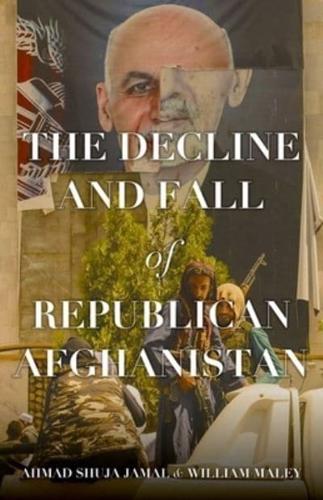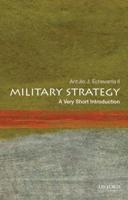Publisher's Synopsis
The Taliban's takeover of Afghanistan in 2021 was the result of declining active support for the government, and of waste and inefficiency in aid delivery. Yet, while corrosive, these problems were not in themselves sufficient to have brought about a collapse. To a significant degree, they were the result of early failings in institutional design, reflecting an American inclination to pursue short-term policy approaches that created perverse incentives-thus interfering with the long-term objective of stability.
This book exposes the true factors underpinning Kabul's fall. The Afghan Republic came under relentless attack from Taliban insurgents who depended critically on Pakistani support. It also suffered a creeping invasion that put the government on the back foot as the US tried and failed to deal with Pakistan's perfidy. The fatal blow came when bored US leaders naively cut an exit deal with the enemy, fatally compromising the operation of the Afghan army and air force and triggering the final collapse, with top leaders at odds over whether to make a final stand in Kabul. The Afghan Republic did not simply decline and fall. It was betrayed.








